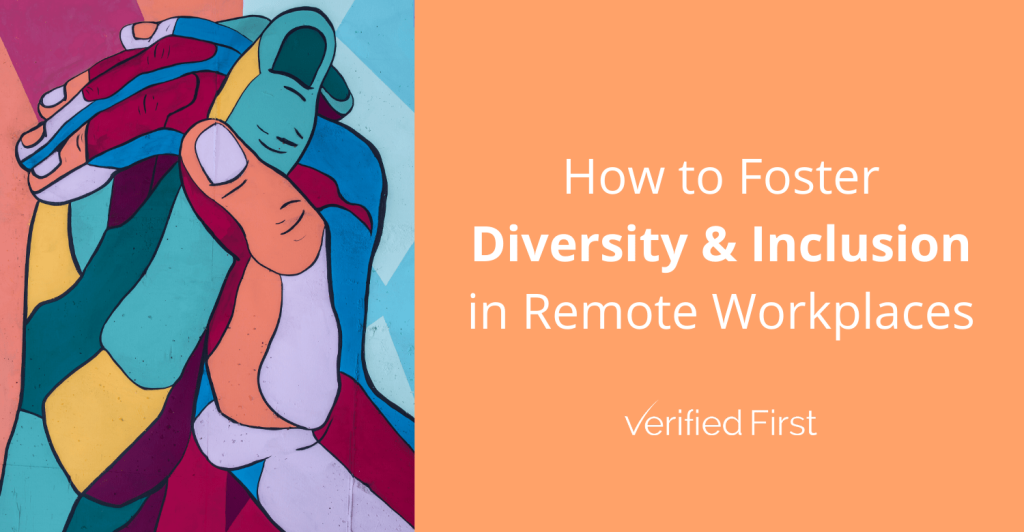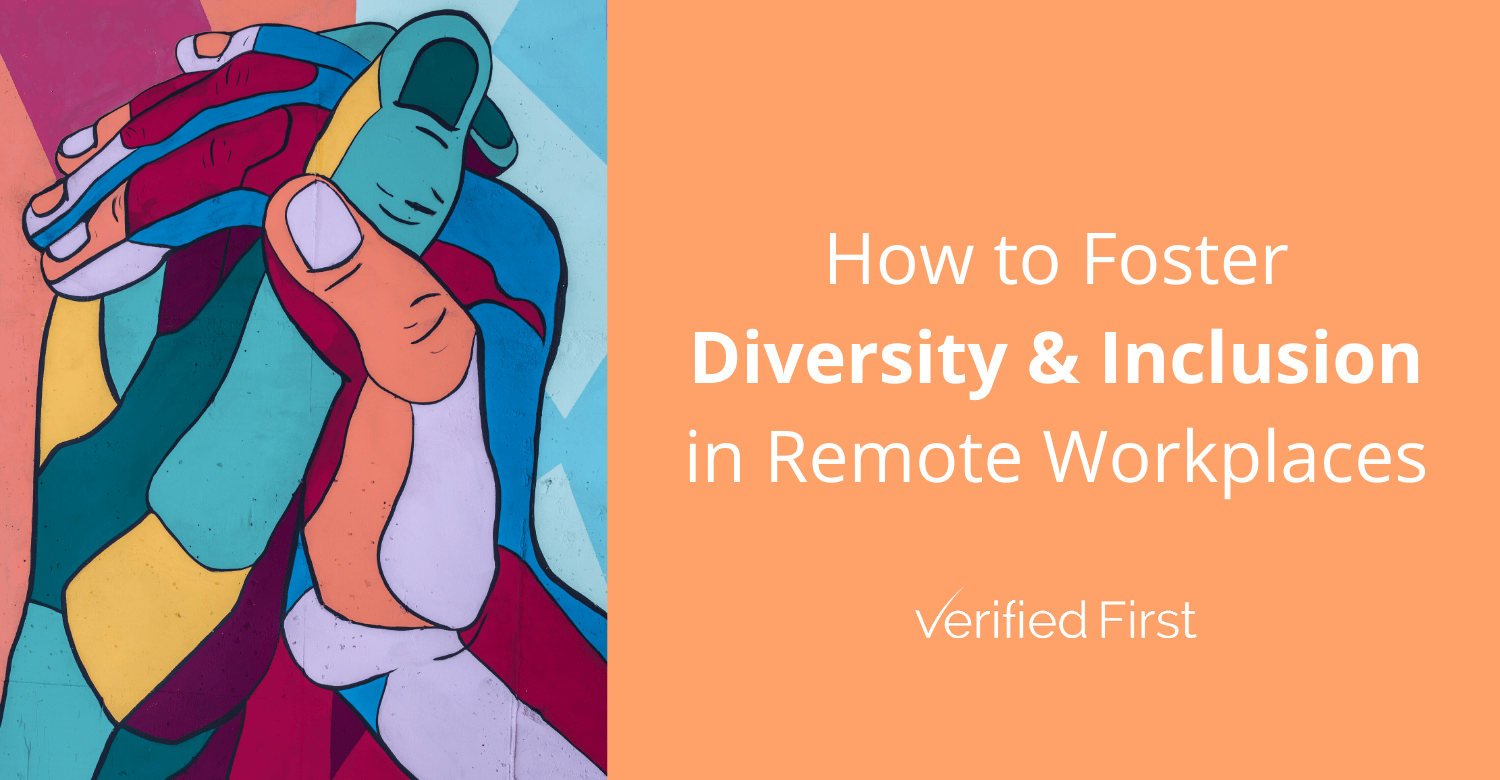Remote work has emerged as a catalyst for redefining the traditional notions of diversity within the workplace. Beyond geographical boundaries and cultural limitations, remote work has created a platform where diversity flourishes in unprecedented ways. This article explores the multifaceted dimensions of diversity in remote work, examining how this flexible model fosters inclusion, innovation, and a richer tapestry of perspectives.

- Geographical Diversity:
Remote work dismantles the constraints of location, allowing organizations to assemble teams composed of individuals from different regions, countries, and continents. Geographical diversity in remote work brings together professionals with unique cultural backgrounds, work styles, and experiences. This diversity not only enriches collaboration but also fosters a global perspective within teams.
- Cultural Inclusivity:
Remote work promotes cultural inclusivity by creating a virtual space where individuals can bring their authentic selves to the professional sphere. Teams comprised of individuals from diverse cultural backgrounds contribute to a more vibrant and dynamic work environment. This cultural richness enhances creativity, problem-solving, and the ability to navigate global markets effectively.
- Diverse Skill Sets and Expertise:
The nature of remote work allows organizations to tap into diverse skill sets and expertise that might be concentrated in specific regions. Companies can assemble teams with a wide range of talents, from technical proficiency to creative thinking, fostering a collaborative environment where each team member contributes their unique strengths. This diversity of skills enhances the overall capabilities of the team.
- Flexibility as an Equalizer:
Remote work acts as an equalizer, providing a level playing field for individuals with varying abilities and needs. People with disabilities, for example, can participate in the workforce more easily when they can work from home and customize their work environments. Remote work promotes a more inclusive approach to talent acquisition and retention.
- Gender Diversity and Work-Life Balance:
The flexibility inherent in remote work addresses challenges related to gender diversity and work-life balance. Women, who often face disproportionate challenges in balancing career and family responsibilities, can benefit significantly from the flexibility to structure their workdays. Remote work contributes to breaking down gender-based barriers and promotes a more equitable distribution of opportunities.
- Generational Diversity:
Remote work accommodates the preferences and working styles of different generations. Millennials and Generation Z, for instance, tend to value flexibility and work-life balance, while older generations may appreciate the elimination of commuting stress. Remote work allows organizations to build teams that span generations, fostering a diverse blend of experiences and perspectives.
- Language Diversity and Global Communication:
In a remote work environment, language diversity becomes an asset. Teams may consist of individuals who speak different languages fluently, enabling organizations to engage with a more diverse customer base. Effective communication tools and translation services further facilitate collaboration, ensuring that language differences do not hinder teamwork.
- Reducing Unconscious Bias:
Remote work can contribute to reducing unconscious bias by placing a greater emphasis on results and contributions rather than physical appearances or stereotypes. In a virtual setting, individuals are evaluated based on the quality of their work, promoting a meritocratic culture that values diversity of thought and expertise.
Conclusion:
Diversity in remote work extends far beyond traditional metrics, embracing a spectrum of backgrounds, experiences, and perspectives. As organizations embrace this transformative model, they open the door to a new era where inclusivity is not limited by physical boundaries. The diverse workforce cultivated by remote work is a powerful driver of innovation, creativity, and adaptability, positioning companies to thrive in an increasingly interconnected and globalized professional landscape. Embracing diversity in remote work is not just a strategic advantage; it is a commitment to building resilient, collaborative, and forward-thinking teams that can navigate the complexities of the modern workplace.
